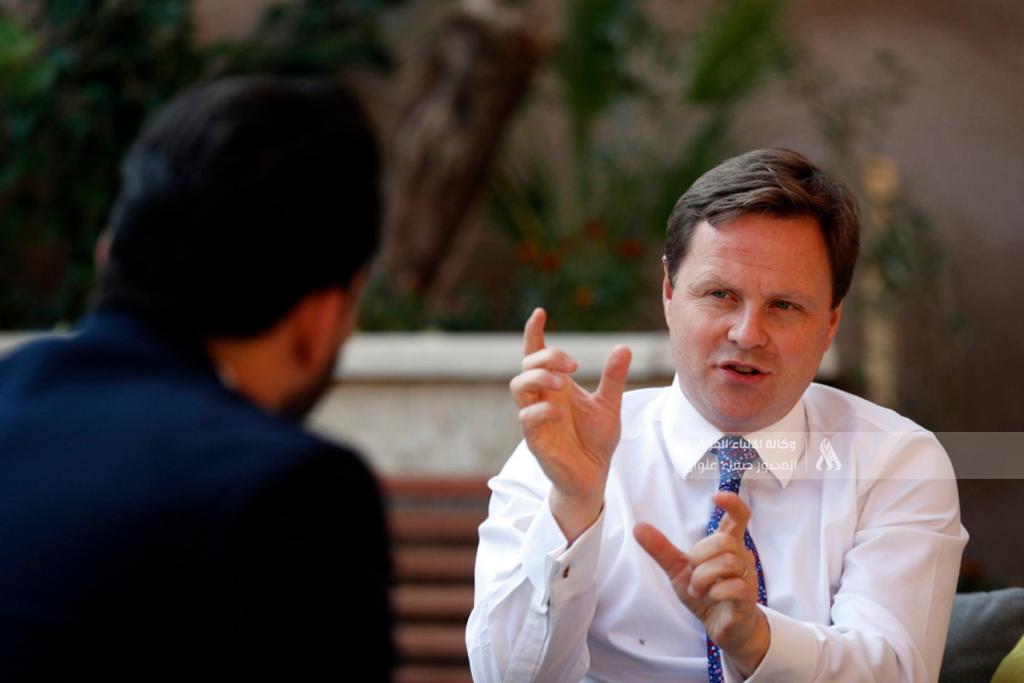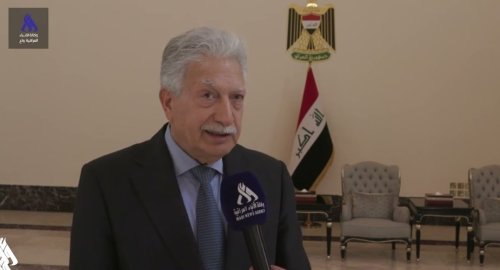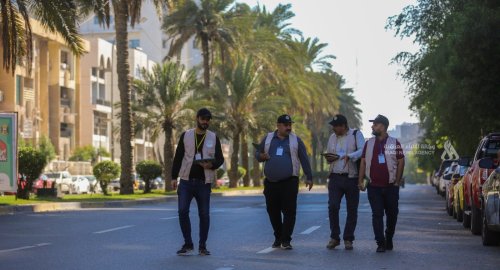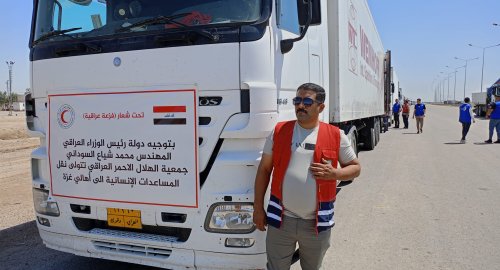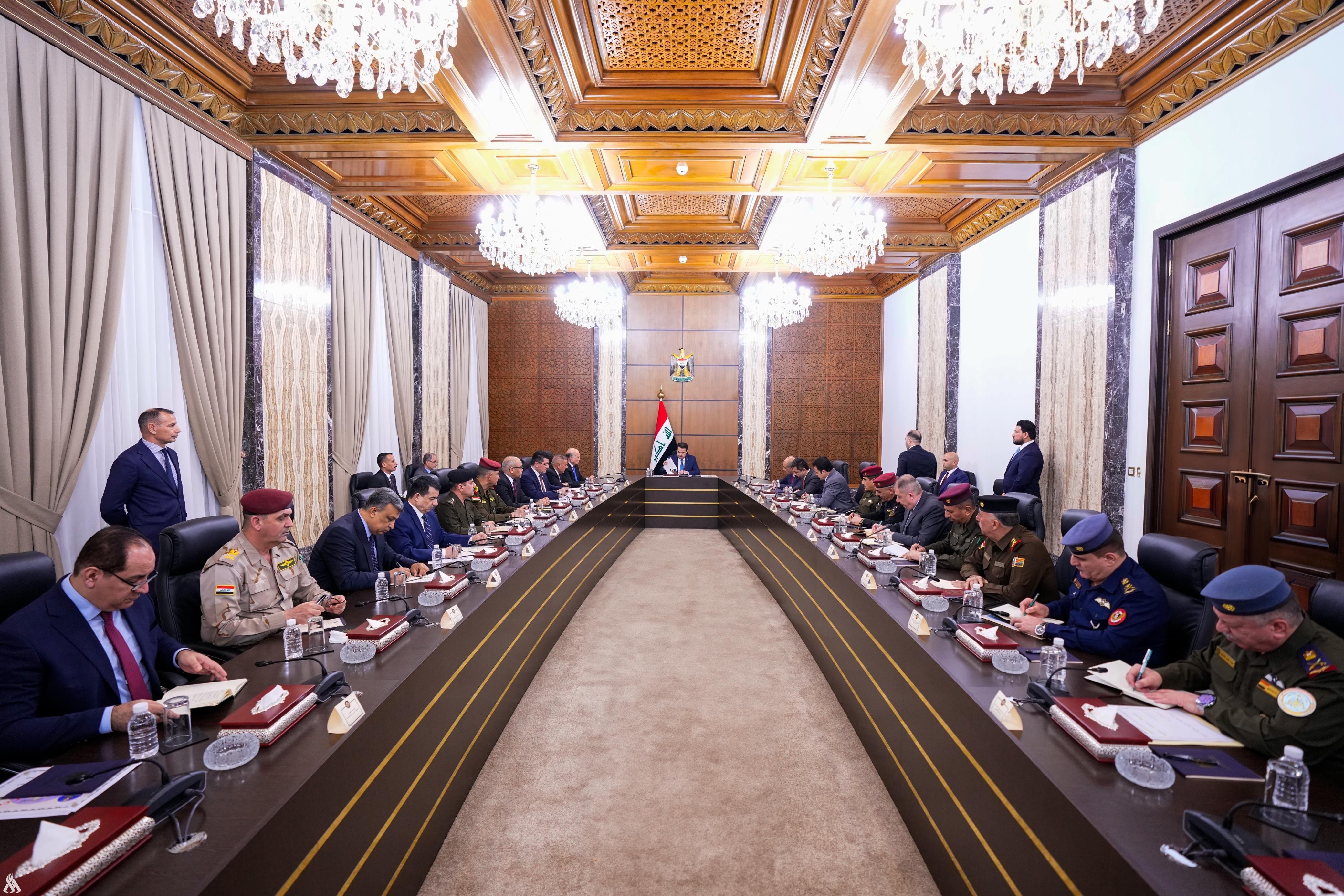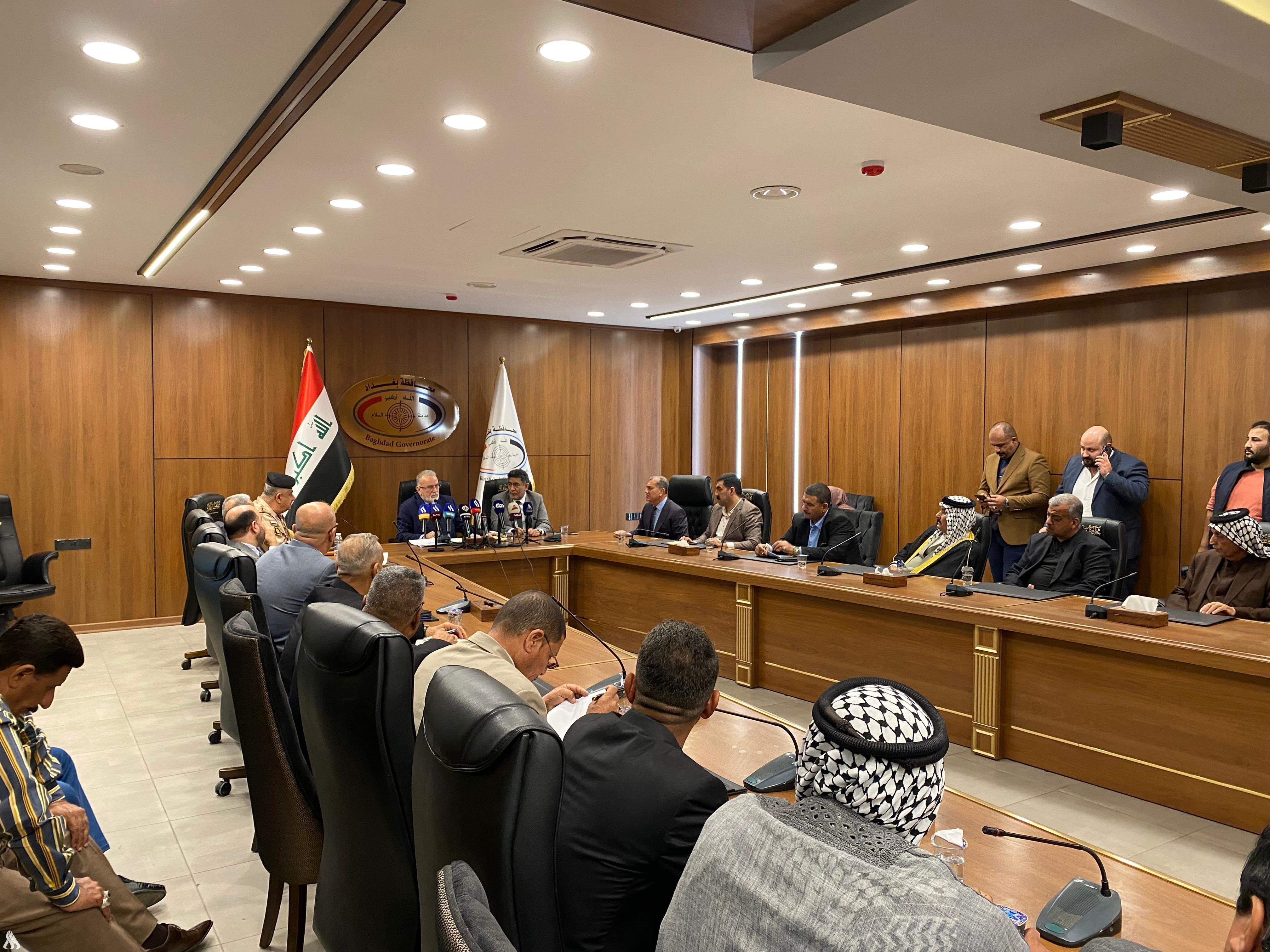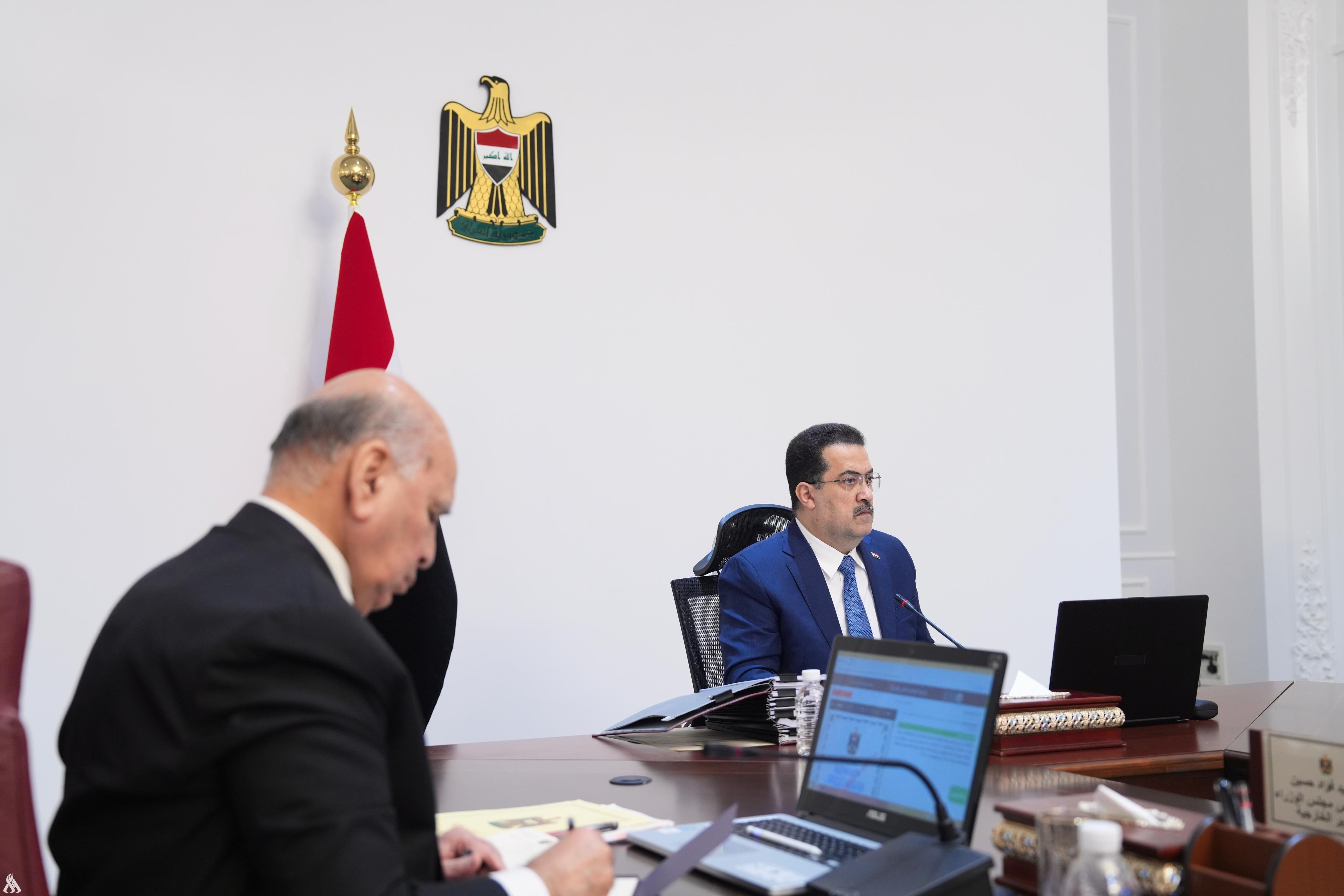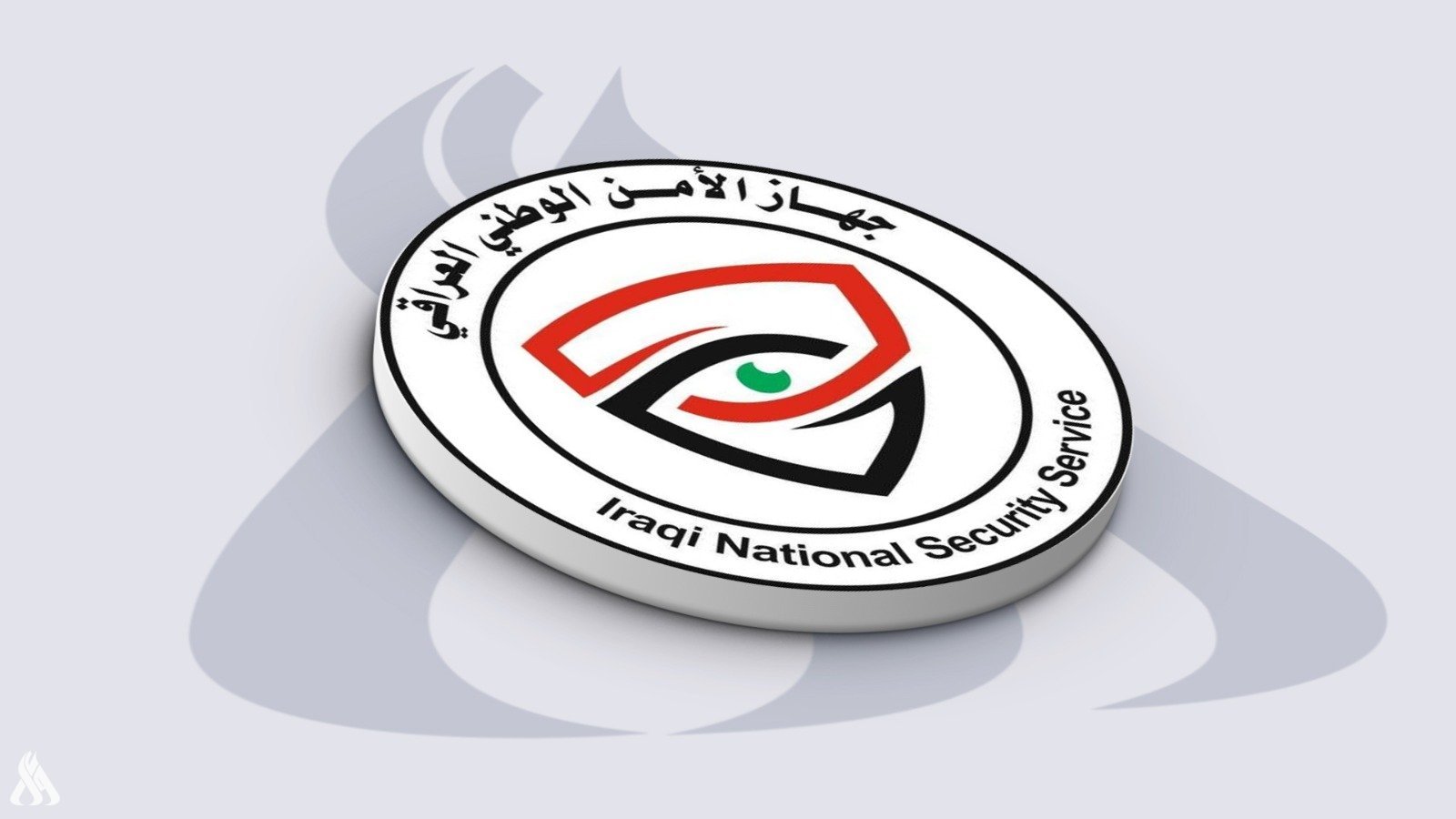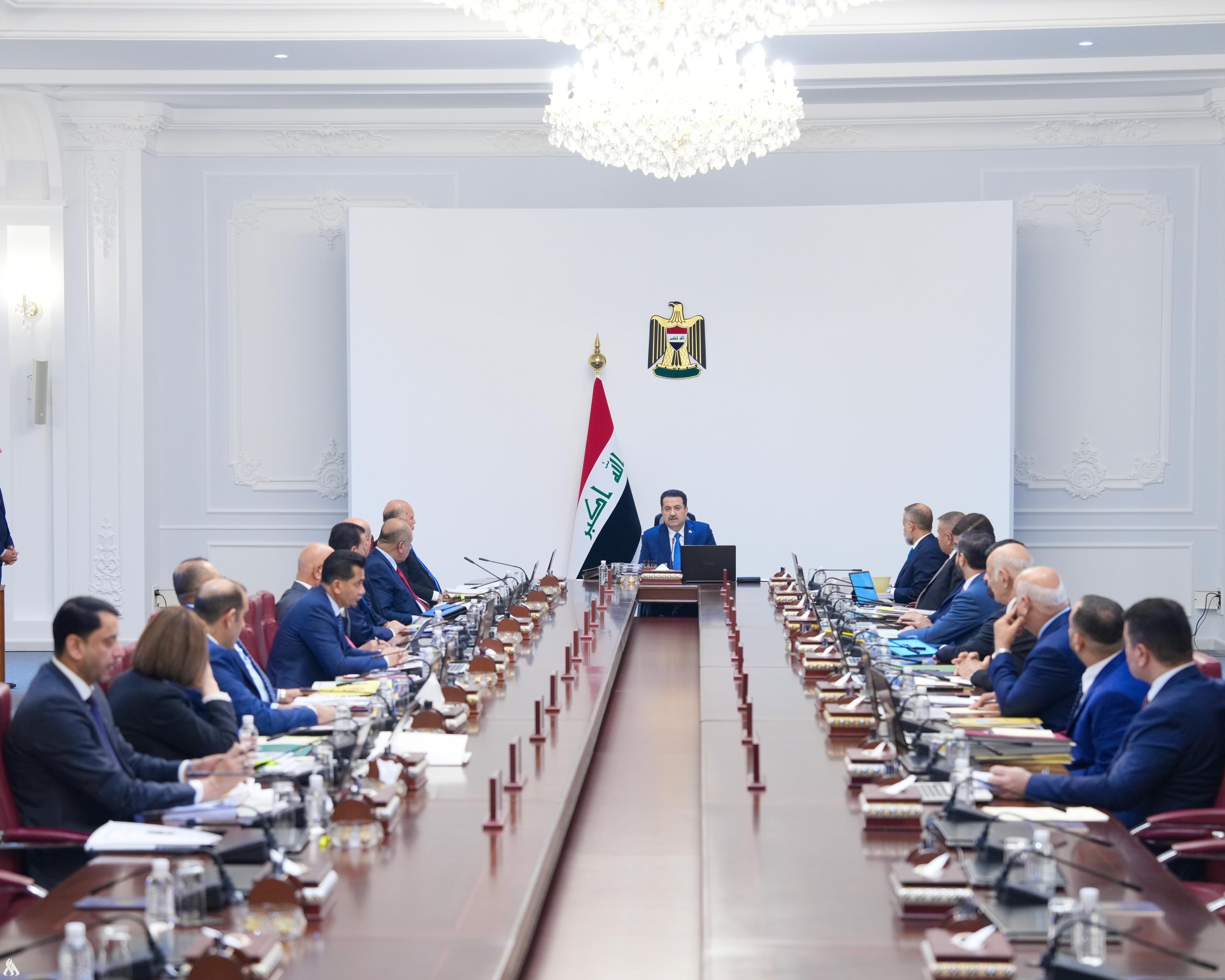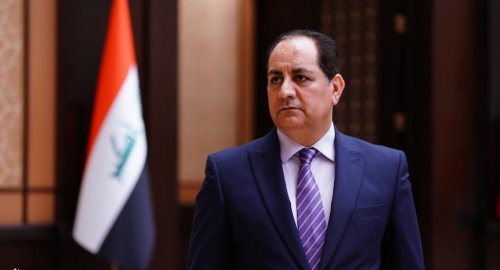
Govt spokesperson reveals new formula for dealing with UN

- 24-05-2024, 12:49
Baghdad-INA
Government spokesman Bassem Al-Awadi revealed on Friday, the new formula for dealing with the United Nations(UN) while he indicated that the work of the UNAMI mission would end on the political side, he stressed that the mission provided great services to the Iraqis and supported the political process.
Al-Awadi told the Iraqi News Agency (INA) that “the UNAMI mission was formed in the eighth month of 2003, after the overthrow of the former regime and the presence of the international coalition, and the absence of a government, but rather a governing council carrying out its new work in Iraq,” indicating that “the idea is to send the nations "UN is a group of experts to provide advice in the fields of political, transitional justice, social reconciliation, etc., in order to assist the Iraqi government and provide advice, consultations and opinions, and they are considered as advisors to the government."
"Files were identified for these experts, most notably supporting the government politically, especially the formation of the government, elections, the relationship with the Kurdistan Region, the issue of Kirkuk, the conflict of the components, the formation of parliament, supporting the judicial and legal framework, independent bodies and civil society organizations, as well as providing advice and assistance on border disputes, whether with Iran, Turkey, Saudi Arabia, Kuwait or Jordan the work continued because Iraq's circumstances at the time required such assistance, he said.
He continued, "The mission worked in Iraq and provided great services to the Iraqi people, and tried to push towards the stability of the political process, and submitted important reports to the United Nations, on the basis of which it issued important decisions to support successive Iraqi governments, the political process, and the Iraqi people," explaining that "the Iraqi government and the people remember these... The great services will remain immortal in Iraqi memory, and we will not forget the painful incident, which was the first explosion to which the United Nations building was exposed at that time, and the departure of the head of the UNAMI mission in Iraq, Sergio de Mello, along with 30 members of the mission.”
He stated that "Prime Minister Muhammad Shiaa Al-Sudani thanked all the figures who received UNAMI up to Jeanine -Plasschaert on behalf of the government and the Iraqi people," explaining that "this issue has been going on for 21 years, and therefore if we say that the previous Iraqi governments after the year 2003 needed a part... of help, the Iraqi government in recent years has become mature and political experience has accumulated, and Iraqi institutions are moving towards specialization, professionalism and exercising full roles, and we have active figures and senior political experts.”
He pointed out that "the state has developed and stabilized during the last two years, as the government manages internal and external political affairs entirely through official institutions as an example, the parties in Kirkuk governorate are now asking the Prime Minister to be the guarantor in the process of selecting the governor," in arranging affair this file.
He continued, "The security agreement that was concluded with Iran dealt with important aspects the Iraqi government was the one who concluded it, in addition to developing relations with Turkey, the latest of which was President Erdogan recent visit to Iraq," pointing out that "the process of forming the government was managed by the Iraqi parties themselves without the need for assistance and developing the relationship with the Kurdistan region, which is carried out through the leadership of Erbil and Sulaymaniyah with the head of government in Baghdad, represented by the Prime Minister.”
He stated that "what is related to the political aspect is that it has become a state of stability, and countries are dealing directly with the Iraqi government," pointing out that "all political forces believe that we have reached a stage of political maturity in which we can give thanks to the UNAMI mission, the United Nations, and the ability of the Iraqis to manage files politics themselves.
He stressed that "the United Nations Mission (UNAMI) has two tasks in Iraq the first is the political work that was mentioned, and the second has non-political work, which is providing support in the elections, in the human rights file, in development issues, consultations, and other aspects," adding, "We do not want to dispense with it about services and relations with the United Nations, but we want to focus on the political aspect and end the mission.”
He pointed out that "Iraq will request the support of the United Nations in human rights issues, elections, development, and everything in which we need a UN role later."
Regarding the human rights file, Al-Awadi stressed, “We need the United Nations to be present and to help in this, and in the climate and environment file, and other files, but in a new format that includes not having a permanent presence inside Iraq, but it is possible to form committees for a certain period that will come to Iraq and participate in this file and after that its work ends, without the need for a committee present in Iraq to submit an annual report to the United Nations.”
He pointed out that “the Iraqi government’s proposal is for UNAMI to remain until after the next parliamentary elections, because the government requested that the last period of the mission’s presence be December 31, 2025, and that the next parliamentary elections are in the month of November, and thus the mission will be present in the elections in accordance with To the request of the Iraqi government,” explaining that “if the mission is to be dissolved before this date, the Iraqi government will be the one that will submit a request to the United Nations to form a specialized committee for elections that will come to assist the Independent High Electoral Commission and supervise, monitor, and then certify the results of the parliamentary elections, as this is necessary for the political process and the government.”
He pointed out that “the United Nations’ ratification of the election results is international legitimacy,” pointing out that “Iraqi governments have always enjoyed international legitimacy in every election, most notably the government of Muhammad Shiaa al-Sudani, which enjoyed great popular and international acceptance and support.”
He stressed, "We are keen to have an international committee that helps, monitors, and works jointly with the Supreme Independent Election Commission."


